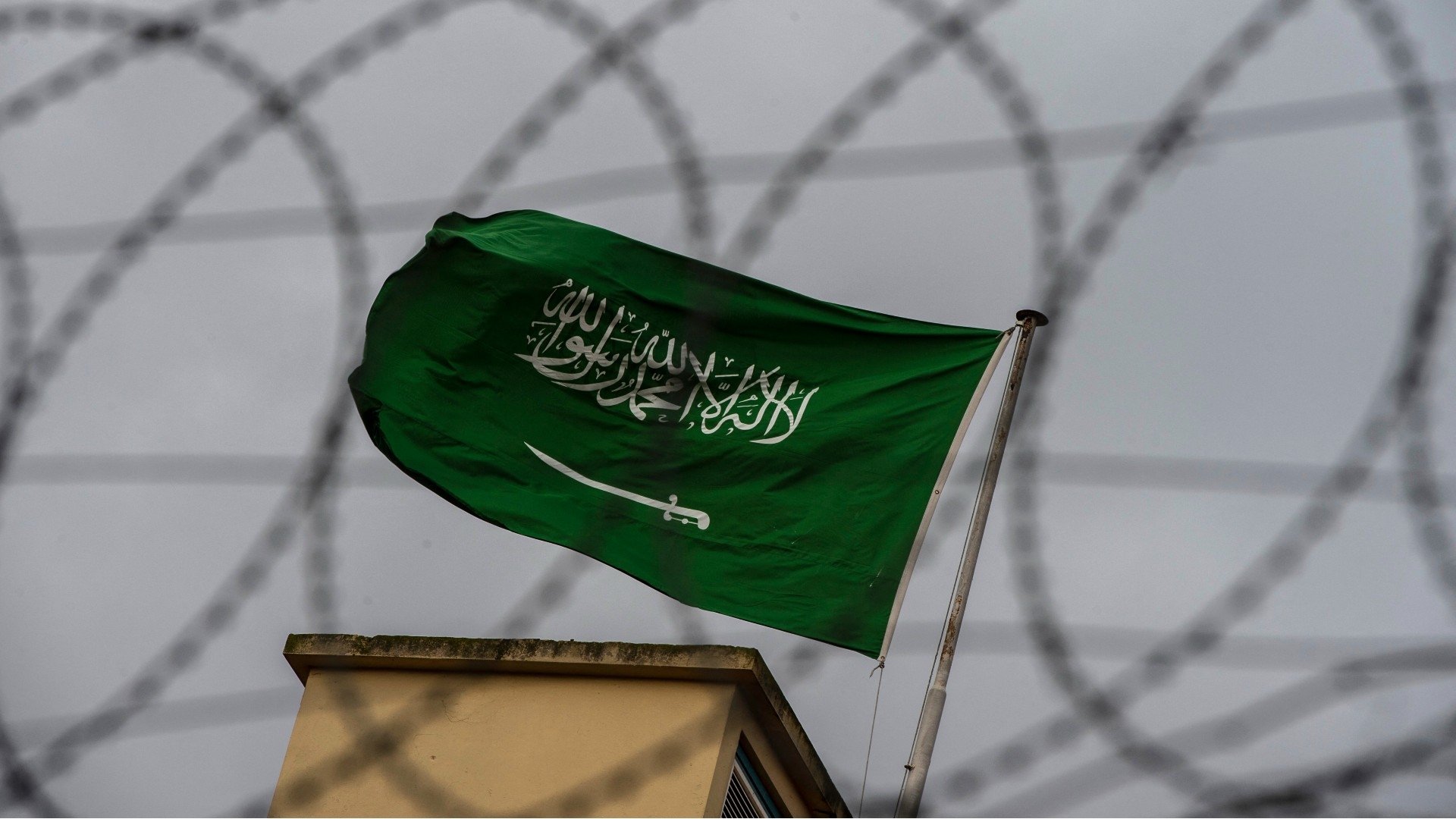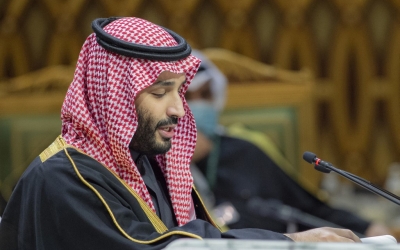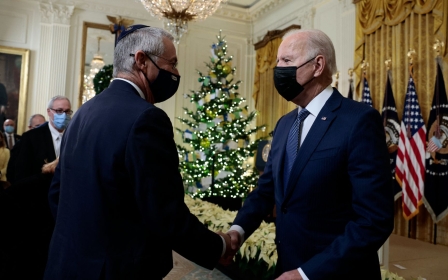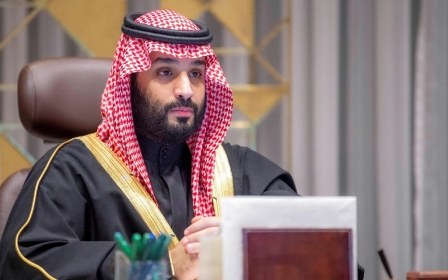Saudi judges arrested for 'high treason,' say rights groups

Saudi authorities have arrested several prominent judges on charges of "high treason," in what human rights groups say resembles previous purges conducted against rivals of Saudi Crown Prince Mohammed bin Salman.
At least nine judges, three from the terrorism court, three from the appellate court, and three from the high court - the highest court in the country - were publicly arrested on Monday, witnesses told Democracy for the Arab World Now (Dawn).
Many of the judges who were arrested, said Dawn, have been involved in the suppression of human rights in Saudi Arabia, including Khalid al-Liheidan, who was responsible for ordering the imprisonment of women's rights activist Loujain al-Hathloul.
Another is Abdulaziz al-Jaber, who decreed the execution of 81 prisoners in March this year, a move that was met with worldwide condemnation. Jaber has also sentenced a child to the death penalty.
Dawn and the advocacy group Prisoners of Conscience said that security forces made the arrests at the courts at which the judges worked.
New MEE newsletter: Jerusalem Dispatch
Sign up to get the latest insights and analysis on Israel-Palestine, alongside Turkey Unpacked and other MEE newsletters
Many of the judges arrested had been previously seen as "supporters" of Saudi Crown Prince Mohammed bin Salman (MBS), according to Dawn.
"With MBS as Crown Prince, no one in Saudi Arabia is safe, even those officials most loyal to him, including high-ranking judges who have justified arbitrary arrests for engaging in peaceful activism and sentenced people to death because they held minority views," Abdullah Alaoudh, Dawn's Gulf director, said in a statement.
While the rights group had previously called for Jaber and Liheidan to be held responsible for their rights abuses, Dawn condemned the arrests for "their lack of due process and transparency".
There has not yet been an official statement on the arrests, and the reasons for them are not yet clear.
Rights groups have repeatedly criticised MBS's crackdown on dissent and increased consolidation of power since his appointment as crown prince in 2017.
Previous waves of detention have been widely condemned by critics and rights groups that accuse MBS of utilising anti-corruption sentiments to purge potential rivals to the crown or anyone deemed a threat to his rule.
Scores of the kingdom's economic and political elite were detained in 2017 at Riyadh's Ritz-Carlton hotel in a crackdown that unsettled some foreign investors.
In 2019, the royal court said it was winding down its anti-corruption campaign after 15 months, but authorities later said they would start going after graft by ordinary government employees.
The crown prince is facing multiple lawsuits in Washington, including one accusing MBS of ordering a hit squad to track down and kill former intelligence chief Saad al-Jabri.
Another legal challenge was filed by Hatice Cengiz, fiancee of the murdered Washington Post and Middle East Eye columnist Jamal Khashoggi. It remains the last case regarding Khashoggi's murder to be heard outside of Saudi Arabia.
Middle East Eye delivers independent and unrivalled coverage and analysis of the Middle East, North Africa and beyond. To learn more about republishing this content and the associated fees, please fill out this form. More about MEE can be found here.





